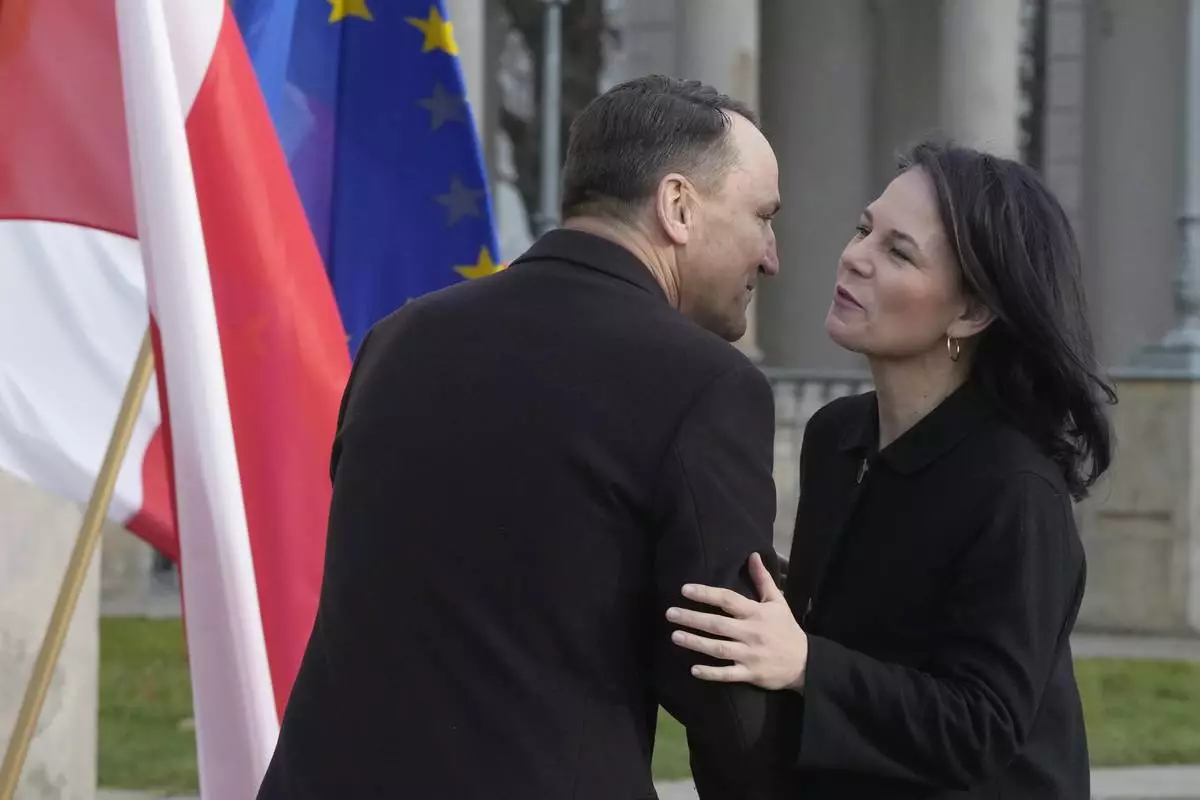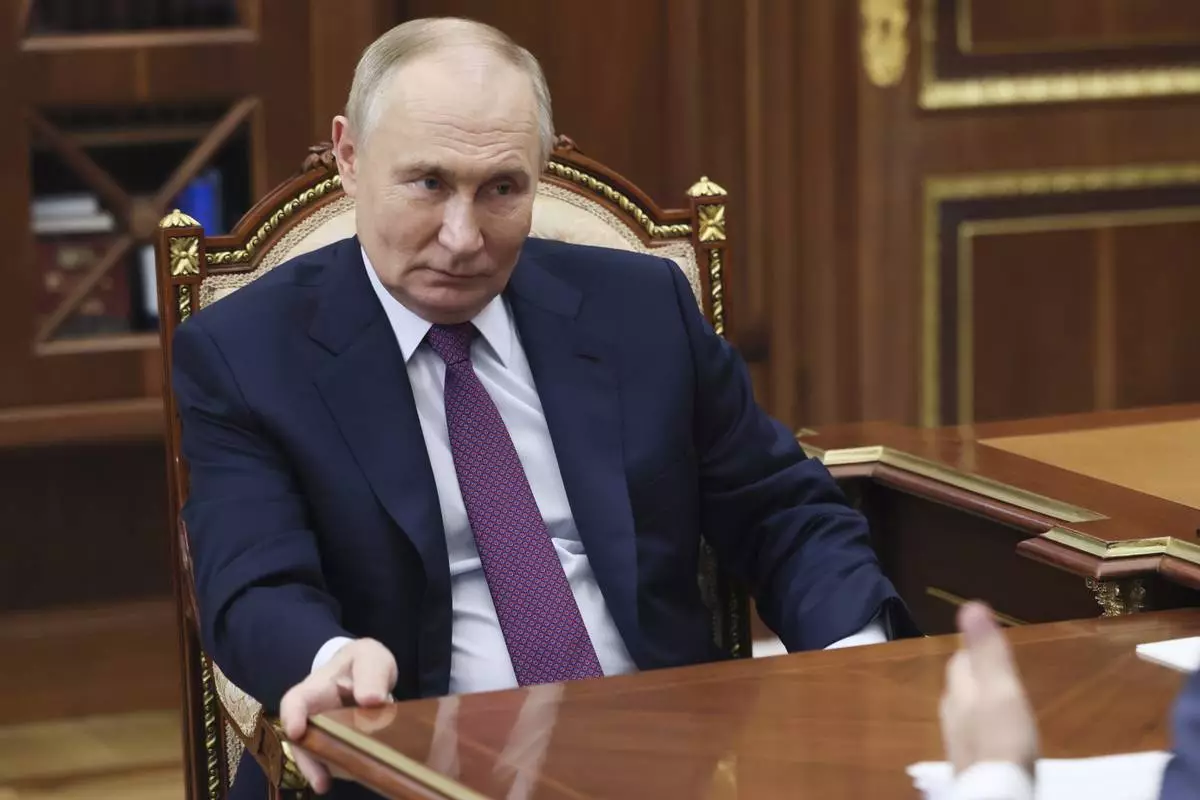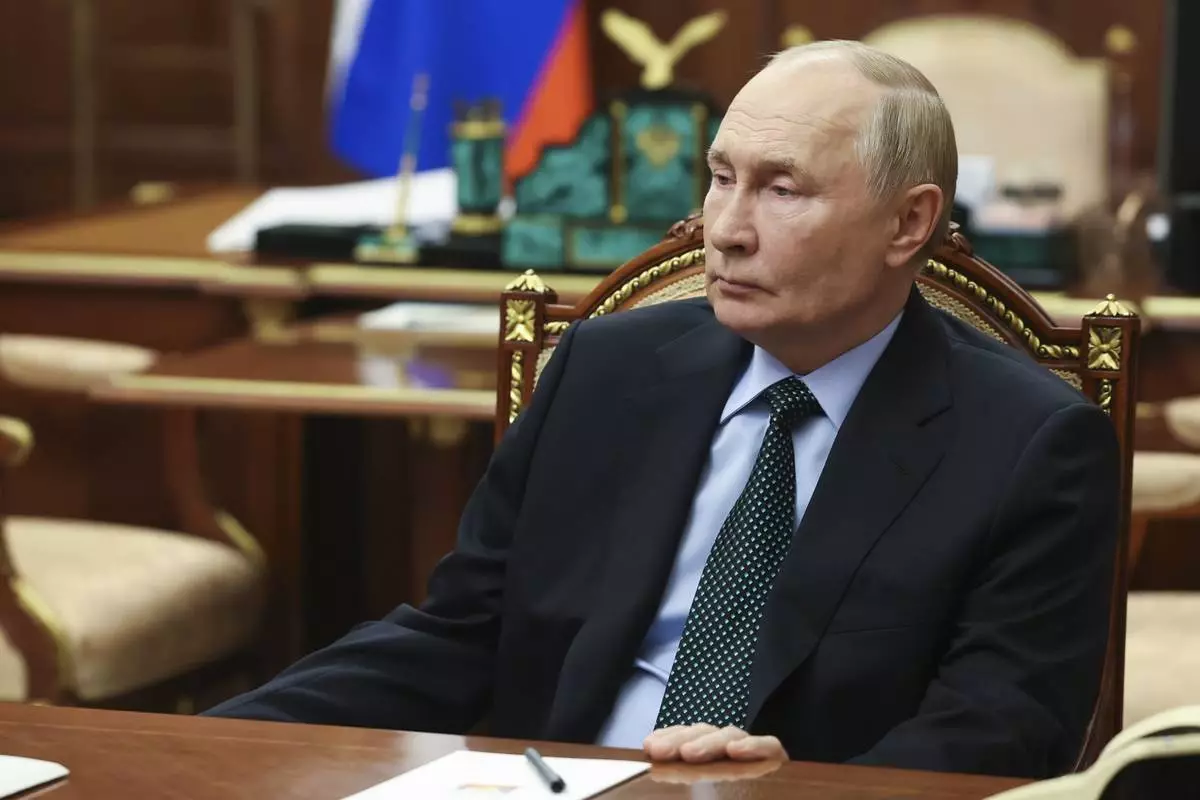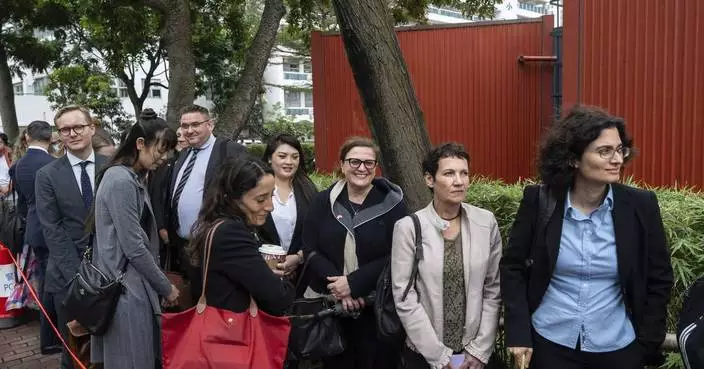When the Pixies set out to make their 1988 debut studio album, they enlisted Steve Albini to engineer “Surfer Rosa,” the seminal alternative record which includes the enduring hit, “Where Is My Mind?” That experience was mutually beneficial to both parties — and was the beginning of a decades-long friendship between the prickly Albini and Kim Deal, the band’s bassist at the time.
Nearly 35 years later — and just before the acclaimed audio engineer died in May at age 61 — Deal turned to Albini once again for what would be their final collaboration, this time for another debut. Eight of the 11 tracks on Deal’s first solo studio album, “Nobody Loves You More," were produced by both Albini and Deal — the ideal partnership of his experimentation and her musical skill.
Deal’s music has always been a reflection of both the rugged exterior needed to be a woman at the forefront of the '90s alternative rock scene as well as a tenderness that subverts the indifference often characterizing that same scene.
Those features, ostensibly at odds with one another, culminate in “Nobody Loves You More,” thanks to her poignant lyricism and the unique instrumentation woven throughout the record. At its heart, this is still a rock album — one that Deal is uniquely suited to make.
The album’s final track, “A Good Time Pushed,” musically and lyrically captures the fine line between doom and joy. “We’re having a good time,” she repeats, in what is perhaps an effort to convince herself that she is.
Although the continuity is there between this album and the music of the Pixies and Deal's band The Breeders, aspects of it are unequivocally distinct.
The resounding brass instruments on the title track and “Coast,” along with the orchestra featured on “Summerland," are a departure from the traditional rock instrumentation that many listeners have come to associate with the 63-year-old.
As the album title suggests, much of the songs on “Nobody Loves You More” are also lyrically earnest and romantic. “Are you mine?/Are you my baby?/I have no mind/For nothin but love,” Deal croons on the doo-wop-inspired “Are You Mine?”
There are anomalies — like in the drum- and synth-heavy “Big Ben Beat,” which is evocative of rocker Kim Gordon’s electronic pivot in 2024's “The Collective." That one was produced only by Deal, not Albini.
As a whole, “Nobody Loves You More” is varied — and as distinctly American as the myriad locations which inspired it, from the Massachusetts island of Nantucket (the breezy sounds of “Coast”) to the Florida Keys ("Summerland") to Deal's hometown of Dayton, Ohio.
Fans of the Pixies and the Breeders will find a lot to enjoy here — it is both familiar and different.
For more AP reviews of recent music releases, visit: https://apnews.com/hub/music-reviews

This album cover image released by 4AD Records shows "Nobody Loves You More" by Kim Deal. (4AD Records via AP)
President Vladimir Putin on Tuesday formally lowered the threshold for Russia’s use of its nuclear weapons, a move that follows U.S. President Joe Biden’s decision to let Ukraine strike targets inside Russian territory with American-supplied longer-range missiles.
The new doctrine allows for a potential nuclear response by Moscow even to a conventional attack on Russia by any nation that is supported by a nuclear power.
Russia’s Defense Ministry said Ukraine fired six U.S.-made ATACMS missiles early Tuesday at a military facility in Russia's Bryansk region that borders Ukraine, adding that air defenses shot down five of them and damaged one more.
While the doctrine envisions a possible nuclear response by Russia to such a conventional strike, it is formulated broadly to avoid a firm commitment to use nuclear weapons and keep Putin's options open.
The approval of the document demonstrates Putin’s readiness to tap his nuclear arsenal to force the West to back down as Moscow presses a slow-moving offensive in Ukraine as the war reached its 1,000th day.
Asked Tuesday if a Ukrainian attack with longer-range U.S. missiles could potentially trigger a nuclear response, Kremlin spokesman Dmitry Peskov answered affirmatively, pointing to the doctrine’s provision that holds the door open for it after a conventional strike that raises critical threats for the "sovereignty and territorial integrity: of Russia and its ally, Belarus.
Commenting on whether the updated doctrine was deliberately issued to follow Biden’s decision, Peskov said the document was published “in a timely manner” and that Putin instructed the government to update it earlier this year so that it is “in line with the current situation.”
Putin first announced changes in the nuclear doctrine in September, when he chaired a meeting discussing the proposed revisions. He has previously warned the U.S. and other NATO allies that allowing Ukraine to use Western-supplied longer-range weapons to hit Russian territory would mean that Russia and NATO are at war.
Washington has permitted Ukraine to use the longer-range weapons on targets inside Russia after declaring that thousands of North Korean troops were deployed in the Russian region of Kursk to fight an incursion by Kyiv's forces.
White House officials were not surprised by Putin’s decision, and the U.S. has seen no change to Russia’s nuclear posture, according to a U.S. National Security Council official who was not authorized to comment publicly and requested anonymity.
As a result, the Biden administration has “not seen any reason to adjust our own nuclear posture or doctrine in response to Russia’s statements today,” the official added. Still, the official says the White House views it as “irresponsible rhetoric.”
But the official underscored that the arrival of thousands of North Korea soldiers to take part in combat operations against Ukraine was a major escalation by Moscow that demanded a response.
British Prime Minister Keir Starmer denounced the revised nuclear doctrine as the “latest example of irresponsibility” from “the depraved Russian government,” according to spokesperson Camilla Marshall.
“Russia’s the one that continues to escalate this war, and the use of North Korean troops is just one example of that,” Marshall said. “He could remove his troops, roll back his tanks and end the onslaught and needless bloodshed in both Ukraine and Russia. … We would urge him to do so.”
German Foreign Minister Annalena Baerbock said in Warsaw that her country would not be intimidated by Russia’s new policy, saying her country made the mistake of cowering in the face of Moscow's aggression in the past but would not do so again.
The updated doctrine says an attack against Russia by a nonnuclear power with the “participation or support of a nuclear power” will be seen as their “joint attack on the Russian Federation.”
It says any massive aerial attack on Russia could trigger a nuclear response but avoids any firm commitment and mentions the “uncertainty of scale, time and place of possible use of nuclear deterrent” among the key principles of the nuclear deterrence.
The document also notes that aggression against Russia by a member of a military bloc or coalition is viewed as "an aggression by the entire bloc," a clear reference to NATO.
At the same time, it spells out conditions for using nuclear weapons in greater detail compared with previous versions of the doctrine, noting they could be used in case of a massive air attack involving ballistic and cruise missiles, aircraft, drones and other flying vehicles.
The formulation appears to significantly broaden the triggers for possible nuclear weapons use compared with the document's previous version, which stated Russia could tap its atomic arsenal if case of an attack with ballistic missiles.
President Alexander Lukashenko, who has ruled Belarus with an iron hand for more than 30 years and has relied on Russian subsidies and support, has allowed Russia to use his country’s territory to send troops into Ukraine and to deploy some of its tactical nuclear weapons.
Since Putin sent troops into Ukraine, he and other Russian voices have frequently threatened the West with Russia’s nuclear arsenal to discourage it from ramping up support for Kyiv.
Russian hawks called for toughening the doctrine for months, arguing the previous version failed to deter the West from increasing its aid to Ukraine and created the impression that Moscow would not resort to nuclear weapons.
—-
Aamer Madhani in Washington and Vanessa Gera in Warsaw, Poland, contributed.

Germany's Foreign Minister Annalena Baerbock, right, is greeted by Poland's Foreign Minister Radoslaw Sikorski, upon her arrival for a meeting of European foreign ministers, in Warsaw, Tuesday, Nov. 19, 2024. (AP Photo/Czarek Sokolowski)

Russian President Vladimir Putin attends a meeting with New People party's leader Alexey Nechaev in Moscow, Russia, Tuesday, Nov. 19, 2024. (Vyacheslav Prokofyev, Sputnik, Kremlin Pool Photo via AP)

Russian President Vladimir Putin listens to Moscow-appointed head of Russian-controlled Zaporizhzhia region of Ukraine, Yevgeny Balitsky during their meeting at the Kremlin in Moscow, Russia, Monday, Nov. 18, 2024. (Vyacheslav Prokofyev, Sputnik, Kremlin Pool Photo via AP)













